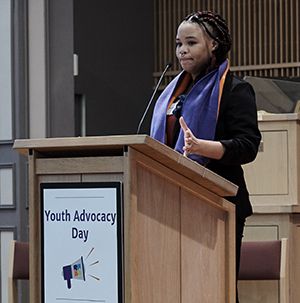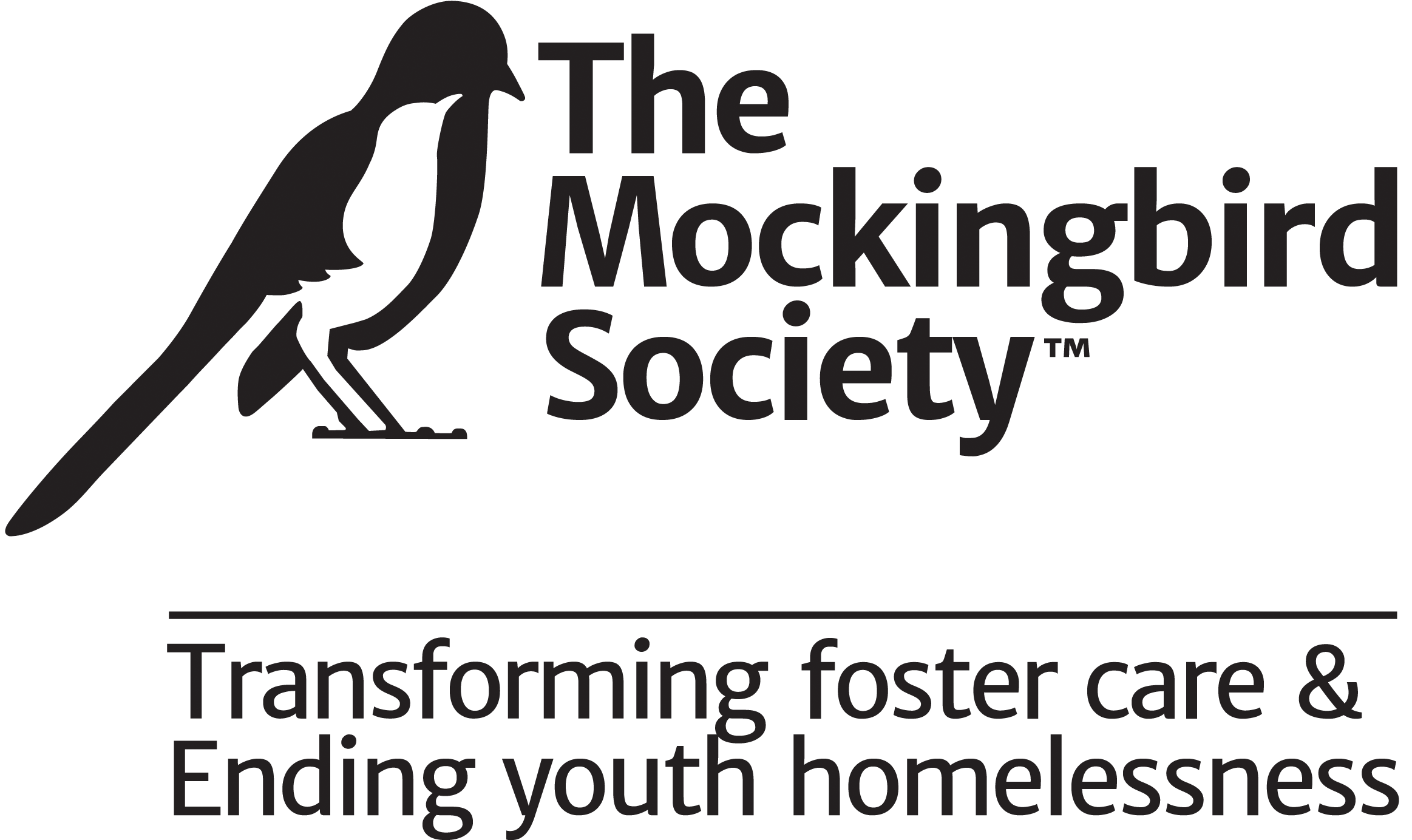Being Housed Needs to be the Beginning, Not the End of the Process
Being a homeless adolescent is difficult, especially in a city that is so booming. Seeing posts and pictures about Seattle being "up and coming" can leave a bitter taste in your mouth when you are seeking safety in tents, alleys, or shelters every night.
I have been housed for a little over a year now, and I am so happy with my current apartment. It was a long trek to get to where I am now, and I will never forget about my experience with homelessness. Partly because it played such a huge part in my life, and partly because I am not too far away from being right back where I started. My current home is a long-term temporary housing situation. I know, a complete oxymoron. I have my place guaranteed (while doing my part of course) for five years altogether. But I will have to seek other options at the end of my five years. It is often assumed that once a young adult gets housing then the hard part is over - the lease is signed, things are moved in, what else is there to do?
A lot of youth and young adults are provided housing with little to no knowledge of all that is involved with maintaining a place. It seems like a very straightforward task. You pay rent on time, keep the noise down, don't paint the walls. All of these things seem simple, but the devil is in the details.
How do you pay the rent? What if it's late? How do you do laundry? How do you file a noise complaint?
These questions may seem so simple to you, but they are not for a lot of young adults entering their first home. These are important, vital questions. I didn't even know what a lease was when I went to sign mine! I was in a whole new world and I felt like all of my supports dispersed soon after I moved in the last of my things. I didn't have a huge support network to begin with (when it came to my housing) so I felt completely lost.
I would have loved to have some case management support after I had gotten into my apartment. Someone to help me figure out how to budget my rent; how to get an account with Seattle City Light; someone to let me know that it was fine to ask for help and to offer me some.
Think back on your time as a nineteen year-old. Did you know how to apply for an apartment? How to sign a lease? What a co-signer was? If you did, did you have an adult in your life to help you out? Parents? Guardians? Siblings? Imagine having NONE of those people and having no home to begin with. Then, imagine having to navigate the real world on your own. Could you do it?
A lot of youth experiencing homelessness have talked about communication and support from their case manager dying off once they have managed to get housing, whether it be a temporary transitional housing program or a permanent apartment of their own. And that is the thing that concerns me the most - especially because I have dealt with that firsthand. I seemed to be in the dark once I got my place. Once I had moved all my things in, the little support I'd had was gone. There seemed to be a big gap in services. The people I was working with while I was bouncing between shelters and tents seemed to think all was said and done. But I had no idea where to go next.
There seems to be a gap in services. What are we doing to make sure youth and young adults don't have to slip back into homelessness? Our work is not done just because they have a place to call their own. We need to make sure we are providing the proper supports for all youth exiting out of homelessness into adulthood. We need to make sure our voices aren't only being heard on one side of things. Youth homelessness can only be prevented if we are helping keep young people in their homes.

